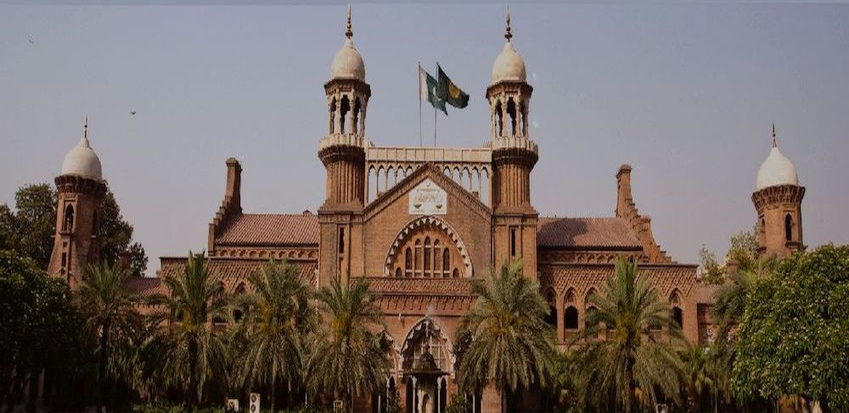Expert Testimony is Weak Evidence and cannot Override the need for Direct Evidence --- Lahore High Court, Lahore
Islamabad 24-09-2024: In a significant ruling, the Lahore High Court on September 18, 2024, dismissed a petition seeking the specific performance of a sale agreement due to insufficient evidence. The case involved a dispute between Farzana Begum (petitioner) and Muhammad Nawaz (respondent) over an alleged land sale agreement. The Court upheld the findings of the lower Courts, which had previously dismissed the petitioner’s suit on similar grounds.
The petitioner claimed that on June 20, 2009, the respondent agreed to sell a piece of land for Rs. 800,000, receiving Rs. 325,000 as earnest money, with the balance of Rs. 475,000 to be paid by October 19, 2010. The petitioner argued that the full payment had been made by September 29, 2010, and that possession had already been handed over. However, the respondent failed to execute the sale deed, prompting the petitioner to seek the Court’s intervention.
The Civil Judge and the Additional District Judge had both dismissed the petitioner’s suit, stating that she had failed to provide credible evidence proving the existence of the agreement or the payment of the consideration. The Courts cited Articles 17 and 79 of the Qanun-e-Shahadat Order, 1984, which require two attesting witnesses to prove the execution of such agreements. The petitioner had only produced one attesting witness, Abdur Rehman (PW-3), whose testimony was discredited during cross-examination.
Additionally, the deed writer, Muhammad Riaz (PW-2), was not considered an attesting witness, and his testimony was therefore inadmissible for proving the agreement’s execution. The Courts held that the petitioner had failed to meet the burden of proof required by law.
The petitioner also argued that the Court should have summoned a fingerprint expert to verify the agreement. However, the Lahore High Court rejected this argument, affirming the principle that expert testimony is weak evidence compared to direct evidence, particularly when the requirements of Article 79 had not been met. Citing previous case law, the Court reiterated that expert opinions cannot override the need for direct evidence.
The Lahore High Court cited several important precedents, including:
- Farid Baksh Vs. Jind Wadda (2015 SCMR 1044) and Hafiz Tassaduq Hussain Vs. Muhammad Din (PLD 2011 SC 241), which emphasize the mandatory nature of Article 79 requiring two attesting witnesses.
- Mst. Saadat Sultan Vs. Muhammad Zahur Khan (2006 SCMR 193), affirming that expert testimony is not conclusive evidence and is supplementary to direct evidence.
The Lahore High Court dismissed the petition, finding that the petitioner had failed to provide admissible evidence to substantiate her claim. The ruling underscores the importance of fulfilling the legal requirements for proving the execution of written contracts, especially under Article 79 of the Qanun-e-Shahadat Order, 1984.
This decision highlights the strict evidentiary standards required in cases involving specific performance of contracts and serves as a reminder of the importance of adhering to procedural rules when seeking to enforce agreements in Court.
Powered by Froala Editor








